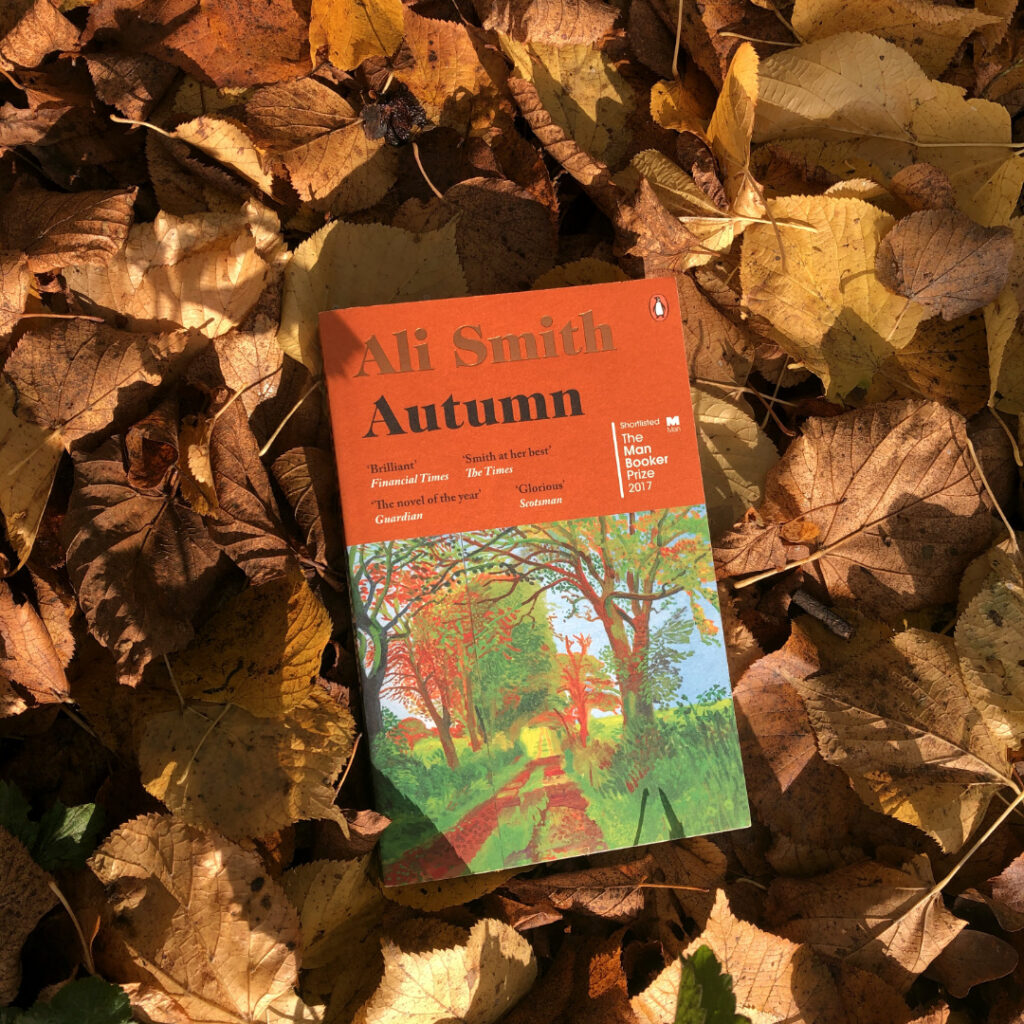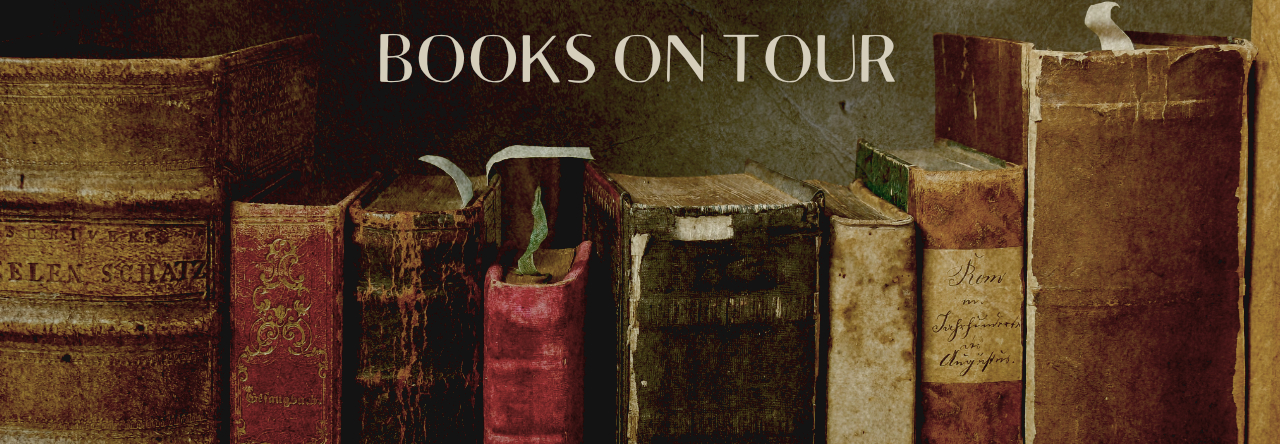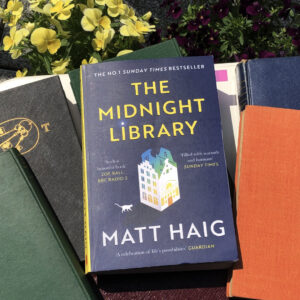
Year of Publication: 2017
Publisher: Penguin Books
ISBN: 9780241207000
Strong Point: Some excerpts of humour.
Weak Point: There is absolutely no plot at all! Sometimes I found myself not understanding what was going on.
Books on Tour Rating: ⭐️ (1/5)
Goodreads Rating: ⭐️⭐️⭐️ (3.71/5)
WHAT IT SAYS IN THE BLURB
Daniel is a century old. Elisabeth, born in 1984, has her eye on the future. The United Kingdom is in pieces, divided by a historic once-in-a-generation summer.
Love is won, love is lost. Hope is hand in hand with hopelessness. The seasons roll round, as ever . . .
REVIEW OF “AUTUMN”
So “Autumn” came greatly recommended by a British author I follow in Youtube. I trust her recommendation because she is herself a writer and we have very similar tastes.
However, I did not enjoy this book at all.
First of all, there is not a linear plot structure. We start the book with an episode where one of the two main characters, a man called Daniel Gluck, seems to have passed out or died at a beach; no more explanations as to what has happened. This situation is described with much lyricism but linked with unfinished sentences which don’t make much sense, at least for me.
Then, there is a complete change of scenery, and we find the other protagonist, Elisabeth Demand, in a post-office where she tries to send her documents to renovate her passport. This situation was, I must admit, quite hilarious. But apart from that, it feels completely isolated from the previous and later pages.
In fact, every situation or conversation in this book feels this way, like separated small stories which don’t have anything to do with one another.
FLASHBACKS, LANGUAGE & BREXIT
To make things more complicated for the reader, throughout the “story” there are continuous jumps to the past lives of both characters, even in the middle of the present time, without any kind of “warning”, so to speak. This quite annoyed me. Because sometimes I did not realise that what I was reading at that precise moment was a flashback.
In addition to this, the author decided not to use any dialogue marks like quotation marks to separate dialogue from the text itself or to the dialogue tag. I know that this is nowadays quite “cool”, because it is against the “old rules” of writing and that it is trending. But I simply do not like it. It adds confusion to an already confusing book.
On a different topic, I have read some reviews that called “Autumn” a Brexit novel. I did not feel that the topic of Brexit is sufficiently present in the story as to call the book a “Brexit Novel”. It is simply one of the different topics about which the characters speak. But it is not so constantly present as to be a part of its main “plot”.
Perhaps the Brexit is used by the author as the means to reflect the feeling of being “all over the place” and confusion that one feels with Brexit as well as with reading this book.
NON-NATIVE ENGLISH READER
With “Autumn” I had the same feeling I had with “Grief is the Thing with Feathers”. I had the impression that I did not 100% grasp the core meaning of what I was reading, because my mother tongue is not English.
I enjoyed the lyric language, and I understood the words, of course. But as everyone seems to like this book, and I don’t, it made me wonder if it was maybe my “problem” and not the book’s…
However, after reading some more reviews of it, it seems I am not the only one who has the same thoughts about “Autumn”, including of course, English language speakers…
FINAL THOUGHTS ABOUT “AUTUMN”
This book is the first installment of a series called “Seasonal”, composed of three more books and named after the four seasons.
Needless to say, I won’t be reading the next three books.
The only thing I thank the author for is my discovery of the British painter Pauline Boty and her story and paintings (about whom the character of Elisabeth wrote an academic thesis).
Reading “Autumn” made me want to investigate about the mystery of her missing paintings and how unfortunately her art was forgotten and buried once she died (so very different as to what happens when male artists die, who are seen as icons and master artists).



